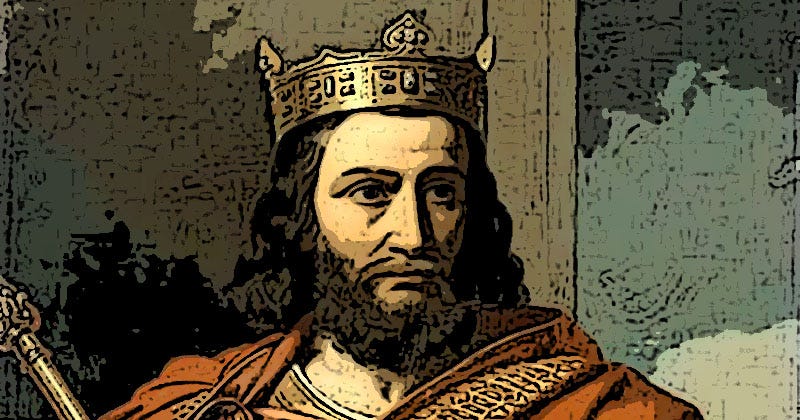The Fulcrum of Courage, Part 14

To a 10th century Christian, a saint was an especially admirable person. Despite having faults, a saint overcame personal flaws and failures and moved forward.
God gave saints visions and profound insights, granted them the ability to perform miracles, and welcomed them into Hea…
Keep reading with a 7-day free trial
Subscribe to The Fulcrum of Courage to keep reading this post and get 7 days of free access to the full post archives.

